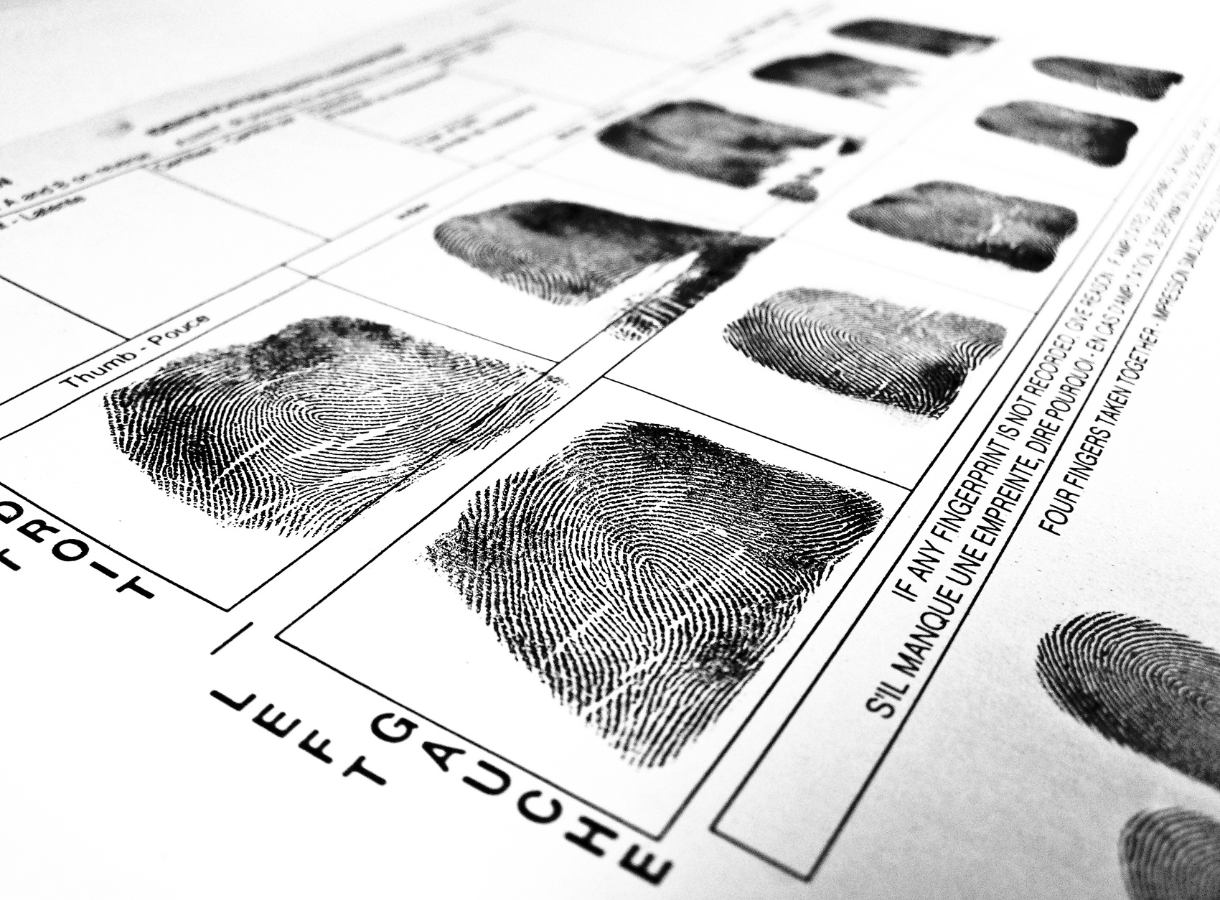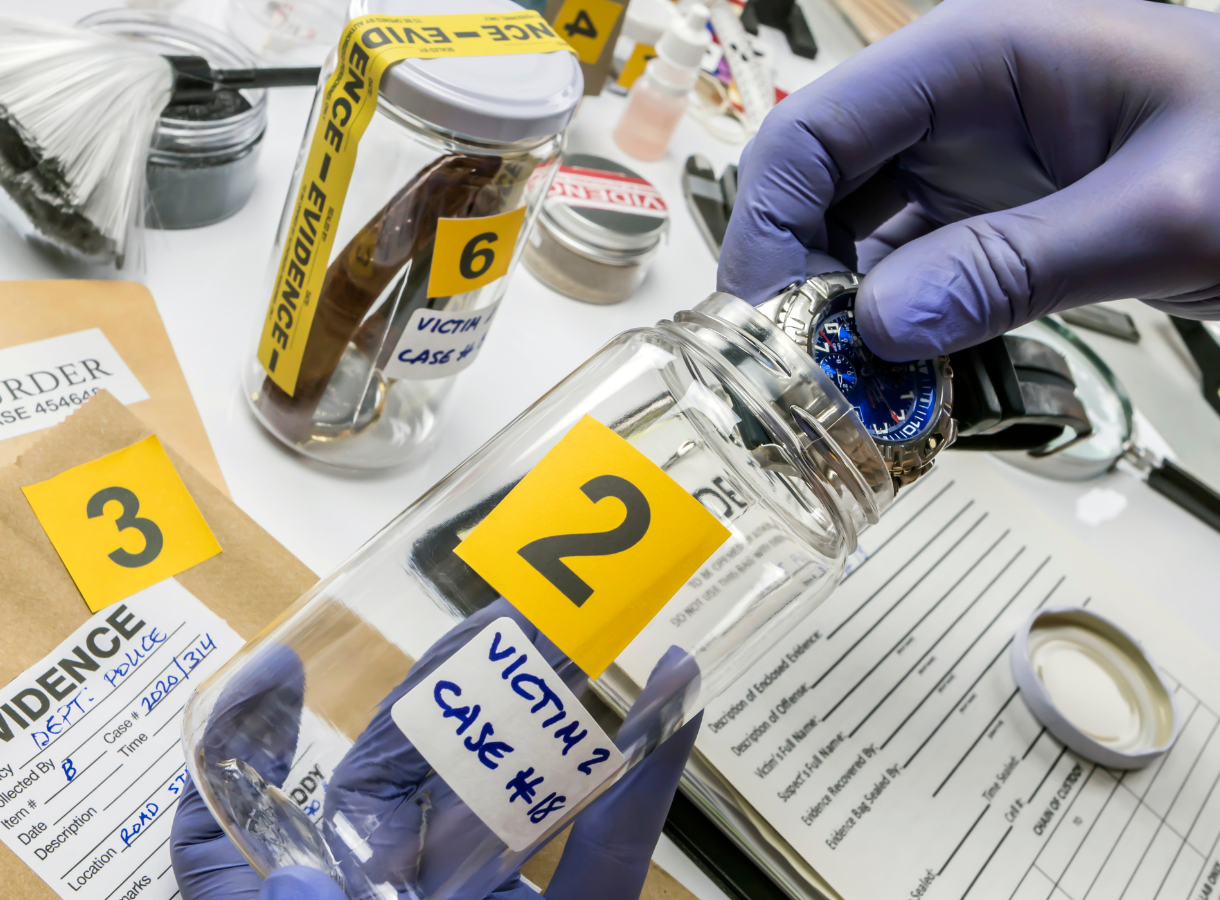Criminology is the scientific study of crime and criminals, considering various theories and ideas about how and why crimes occur.
The term criminology comes from the Latin term ‘crimen’, which means accusations, and the translated Greek term ‘logia’, which is used to describe the study of a particular concept or subject.
Criminology plays an important role in establishing a more equitable, science-based understanding of crime, policy, and social justice.
It can lead to improvements across the criminal justice system, including the response to crime and the treatment of victims and criminals.
Criminologists will look at not just the cause of the crime, but the social roots and the impact as well. They will use their experience and knowledge to support and strengthen the law with their research.
In their research, they will consider many different perspectives and explore a variety of related areas as they believe there is no single answer to why people commit crimes. These include:
- Characteristics of the people who commit crimes.
- Methods of crime prevention.
- Reasons why people commit crimes.
- Effects of crime on not just an individual but communities as well.
Criminology theories usually fall under four categories, which are:
- Classical – this theory will explain crime as a free decision to make a criminal choice.
- Biological – these theories of crime explore whether or not people commit crimes depending on their biological nature.
- Psychological – these theories of crime explain that criminal behaviour is a result of individual differences in thinking processes.
- Sociological – these theories believe that society influences a person to become a criminal.





